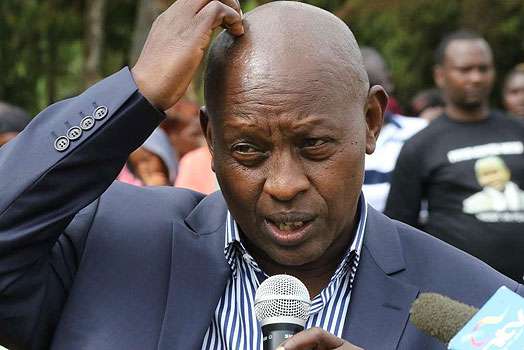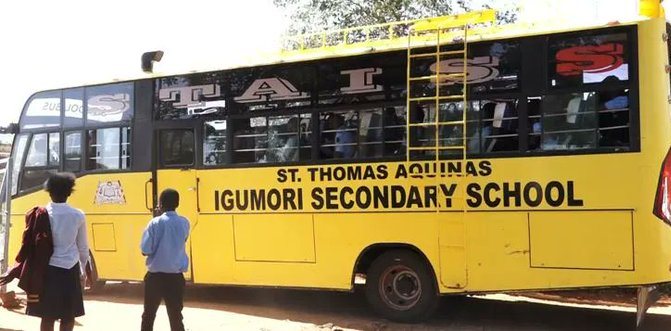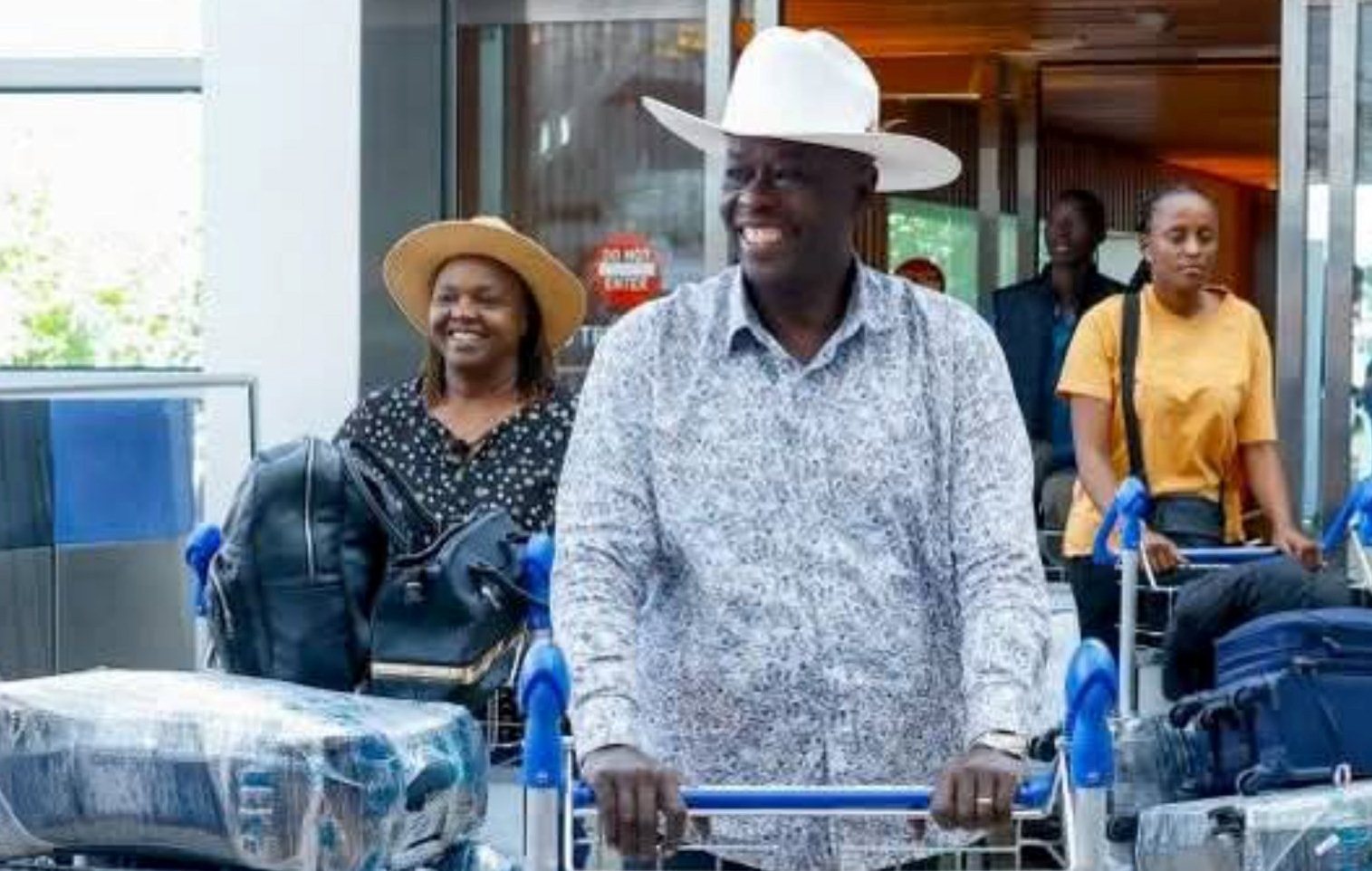By The Weekly Vision Reporter
Governor Mutahi Kahiga of Nyeri recently made a bold statement when he asserted that there was a conspiracy in place to falsely implicate him in corrupt scandals in an attempt to silence him and prevent him from defending Deputy President Rigathi Gachagua. Mr Kahiga is a staunch supporter of the DP. He has in the recent past challenged those opposing the DP, especially individuals believed to be close to President Ruto.
There are ongoing investigations to uncover irregularities that may have taken place during the governor’s tenure in office. According to available reports, the governor faces allegations of having endorsed an irregular expenditure for employee compensation. This particular expenditure is estimated to be Ksh.3, 595,551,694, equivalent to 60.8% of the total revenue, which stands at Kshs.5, 910,923,056, contrary to Regulation 25(1)(b) of the Public Finance Management (County Governments) Regulations, 2015, which states that expenditure on wages and benefits should not exceed thirty-five (35) per cent of the County Government total revenue.
Additionally, there are ongoing investigations into allegations of payroll mismanagement, specifically focusing on irregularities in career advancement. It has been reported that 20 officers skipped job groups during their career progression, prompting further scrutiny into the matter.
It is also claimed that 67 officers received salary arrears payments on earnings not in their normal earnings, amounting to Ksh. 3,210,940. Further, 58 employees were paid arrears more than twice in the financial year 2022-2023. A further 250 employees were overpaid in leave allowances totalling Ksh. 7,816,697.
It is alleged that Mr. Kahiga approved the procurement of consultancy services for the surveying, registration, and titling of eight colonial villages at a cost of Ksh. 20,810,400 with effect from March 24, 2021, to March 24, 2022, without any public participation before the engagement of the consultant, contrary to Article 201(a) of the Constitution of Kenya, 2010, which requires openness and accountability, including public participation in financial matters.
Further, the consultant had not handed over the report by November 2023, or one and a half (1½) years after the contract period. A keen look at the statement of receipts and payments reflects the use of goods and services amounting to Ksh. 914, 906, 617. The amount includes fuel, oil, and lubricants, amounting to Ksh. 28,685,999.
The fuel, oil, and lubricants expenditure includes Ksh. 3,352,827 paid to a petrol station for the supply of fuel; the fuel expenditure is not supported by registers or motor vehicle work tickets. Further information provided revealed that the petrol station had been closed down before supplying the fuel.





